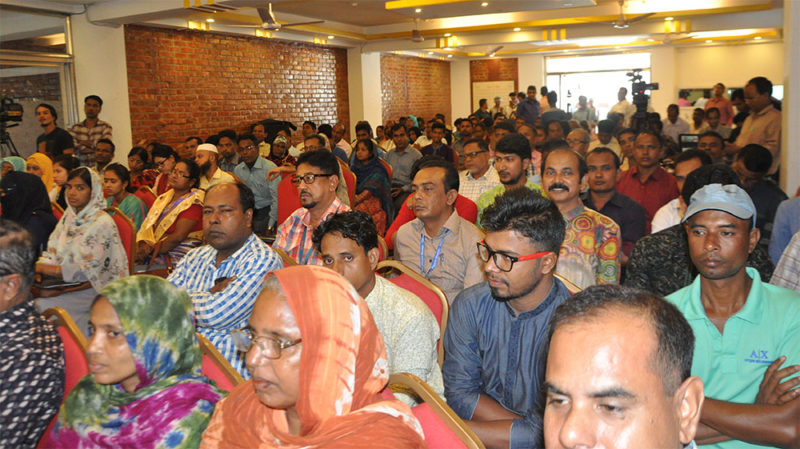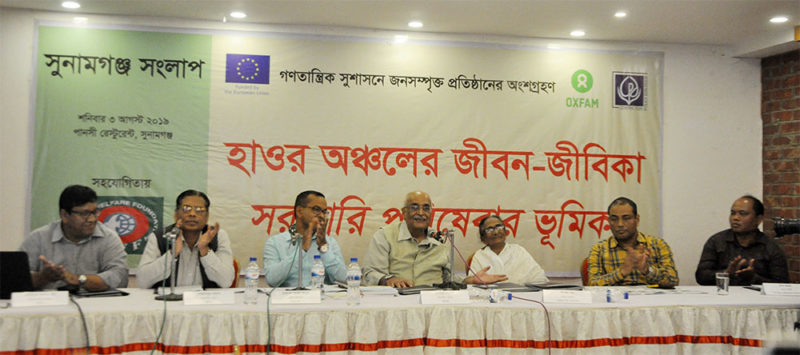
Bangladesh is in its journey to achieve the SDGs by 2030 and it will not be possible if the people in the Haor areas are left behind. The government should focus on improving the quality of public services for Haor development. These include delivering subsidies and incentives for fertilizers, enhancing access to credits for small and medium enterprises and entrepreneurs from state-owned banks and other formal channels with lower interest, expanding training programmes with special emphasis for women.
These observations were shared at a dialogue titled Sustainable Livelihood in Haor Areas: The Role of Public Service Delivery, held on 3 August 2019 in Sunamganj. The dialogue was organised jointly by Centre for Policy Dialogue (CPD) and Oxfam in Bangladesh in association with Sancred Welfare Foundation (SWF) under an ongoing project titled “Enhancing the participation of community-based organizations (CBOs) and civil society organizations (CSOs) in democratic governance in Bangladesh”, funded by the European Union.
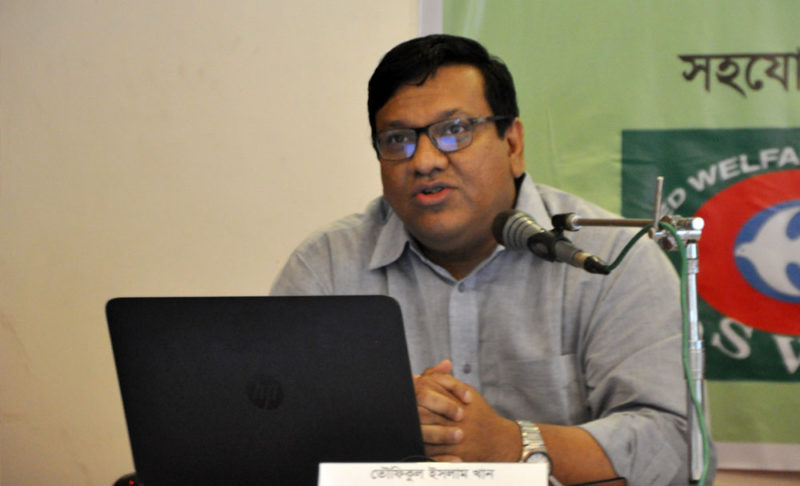
Mr Towfiqul Islam Khan, Senior Research Fellow, CPD, made keynote presentation at the dialogue. He focused on the livelihood situation of Haor areas in Sunamganj in the context of SDGs and provided an assessment of public services available in the region. 68 per cent of the household income in Sunamganj comes from employment in the agricultural sector which is much higher than the national average. Meanwhile, Sunamganj accounts for more than 50 per cent of the national damage of Boro crop (the single largest crop of the district) due to flood and natural disasters.
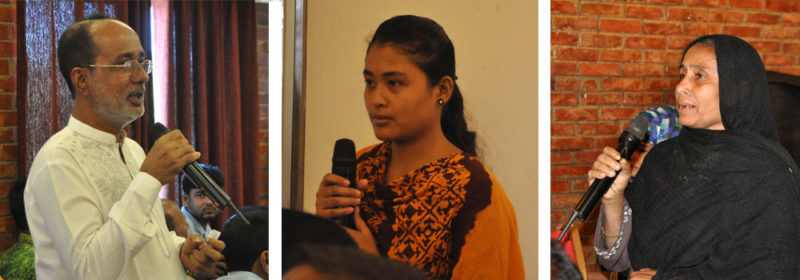
People in Sunamganj are highly dependent on a single crop and fishing as livelihood options. They have very limited alternative livelihood options. These conditions make them vulnerable during natural disasters, lean seasons including the months when fishing is prohibited, he added. Mr Khan suggested to re-design social protection programmes and other national schemes according to the local context for ensuring sustainable livelihoods in Haor areas.
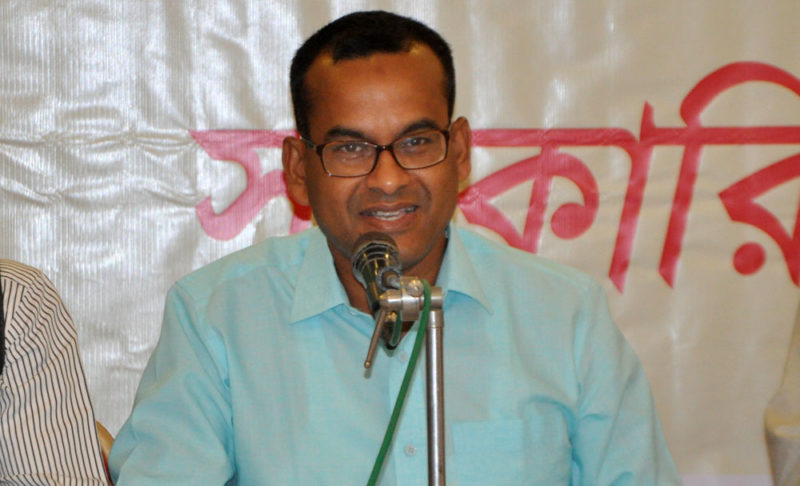
Mr Mohammad Abdul Ahad, Deputy Commissioner of Sunamganj, attended the dialogue as the Special Guest. He mentioned that the government is quite mindful in addressing the livelihood challenges in Haor area. These issues are among the top priorities of national development plans. He committed to look into the challenges and recommendations highlighted by the participants in the dialogue for effective solutions.

Ms Shila Roy, former Chairman of Sunamganj Zila Parishad, was present at the dialogue as the Guest of Honour. Professor Mustafizur Rahman, Distinguished Fellow, CPD, shared a summary of the discussions at the dialogue as the Distinguished Discussant.
Mr Tapan Ruram, Executive Director, Sancred Welfare Foundation delivered introductory remarks and Dr Dipankar Datta, Country Director, Oxfam in Bangladesh delivered welcome remarks at the dialogue.
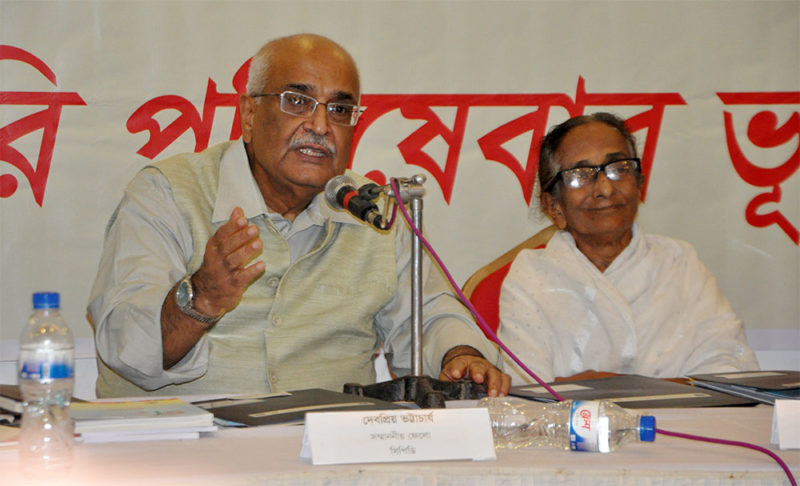
Dr Debapriya Bhattacharya, Distinguished Fellow, CPD, chaired the dialogue. He observed that smooth delivery of the SDGs will require participation and transparency in the implementation process. If the local challenges can be addressed effectively, it will ultimately help reaching the national targets. The policymakers should concentrate in engaging local voices in the SDGs delivery. The local communities and CSOs should come forward to ensure participation and transparency, he advised.
The event was participated by more than 200 citizens including government and non-government officials, public representatives, members of community based organisations, journalists, students among others.
